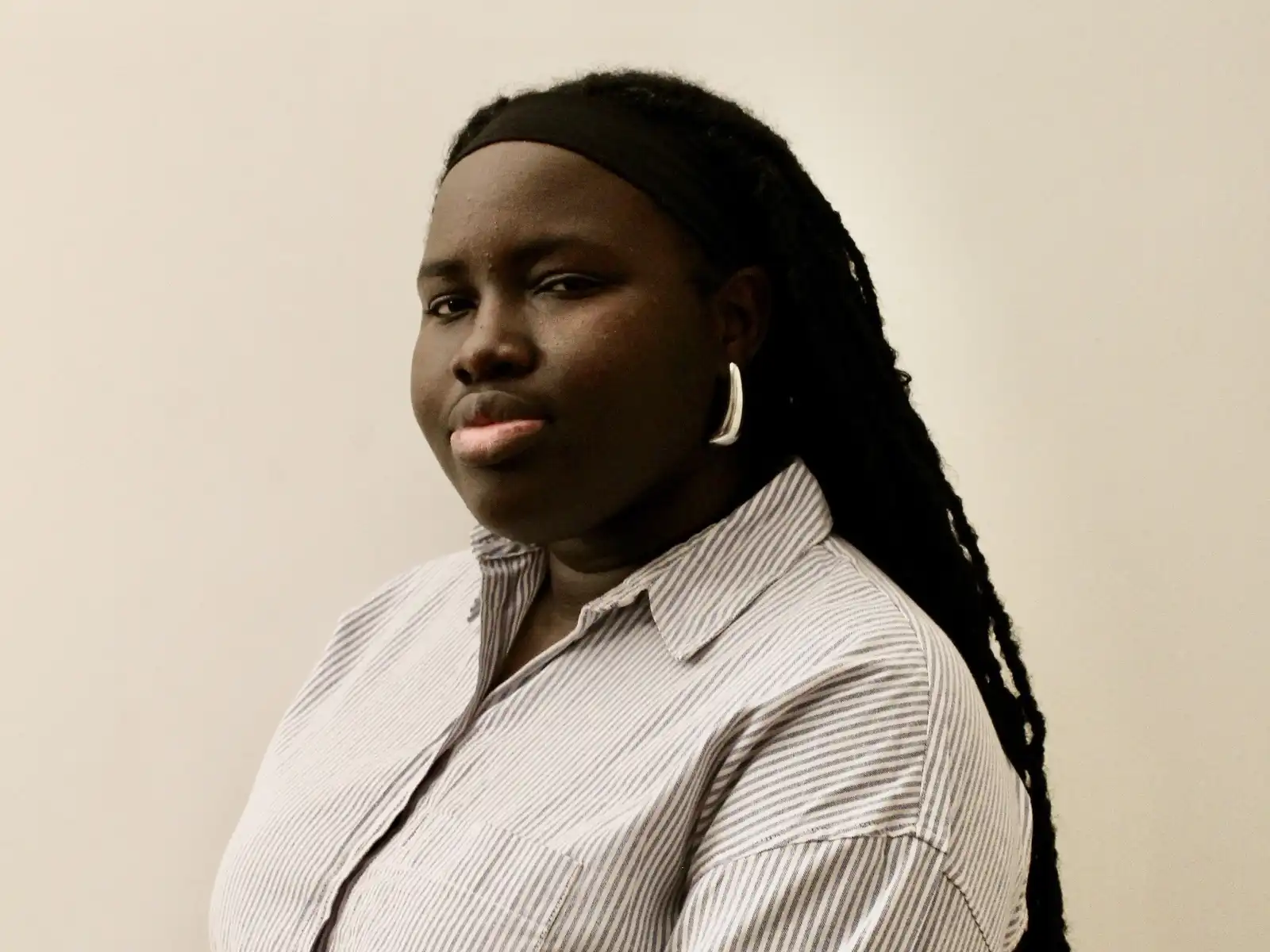Home>Coumba Tobe, Consultant specialized in entrepreneurship and inclusive economy in Africa at the Agence Française de Développement (AFD)
16.11.2023
Coumba Tobe, Consultant specialized in entrepreneurship and inclusive economy in Africa at the Agence Française de Développement (AFD)
Coming from Senegal, Coumba Tobe graduated in International Development with a Project Management concentration, Dual Degree with the London School of Economics and Political Science (LSE). Currently Coumba is working as a consultant specialized in entrepreneurship and inclusive economy in Africa at the Agence Française de Développement (AFD) in Paris.
What are your main responsibilities?
The Agence Française de Développement has over one hundred agencies around the world, mainly in the “Global South”. I work at the headquarters in Paris as a Consultant within the division that deals with challenges related to state owned enterprises (SOE’s), structured finance, and entrepreneurship and inclusive economy. I am staffed on projects where I work with African governments to develop public policy to support entrepreneurship and mobilize the private sector for the long-term economic growth of their countries. In particular, I am tasked with initiating public policies dialogues with these governments in order to understand their vision for their economic development, and how the promotion of entrepreneurship can help carry out this vision. After assessing the context, we will co-construct a project together, implement and then monitor it. In that sense, one important skill is to be able to be critical throughout the whole project cycle about the choice of the activities, the impacts indicators, etc.
How did you prepare for this job?
I first started with mapping policies in support for private sector development in Sub-Saharan Africa, which led me to deepen my knowledge on strategies and instruments for the promotion of entrepreneurship on the continent. Once I got this basis, I used the resources available on Sciences Po Carrières, particularly to grasp the typical structure of an interview, what to mention during a presentation, how to relate it to the offer I am applying to, the sequencing, and how to present myself and the knowledge I have in the best way possible.
What is the most fascinating part of your job?
There are two things that I find fascinating about my job. The first one is that I get to work with people from a wide array of sectors. When structuring a project, I will be working with members of the agricultural division, the gender division, the financial systems division, or the sustainable development division. We all have our own expertise but there is always something to learn from each other. We challenge each other, complement each other, and most importantly, hold each one of us accountable throughout the whole project cycle.
The second thing that I find most fascinating about my job is having the opportunity to work directly with government officials, and ministries. Co-constructing projects and negotiating with them is overly interesting and necessary. Especially as an African working in the development world, I believe that localized approaches where focusing on the knower rather than what we think we know is key. And trying to systematize these types of approaches is something that stimulates and drives me in my job.
How did your PSIA experience contribute to the position you hold today?
Both my PSIA and LSE experience enabled be to develop skills that benefit me in my current position. Studying at Sciences Po allowed me to have a more practical approach to international affairs in terms of the right questions to ask when structuring a project, or how to address both verbally and in writing government’s officials and/or donors, for instance. There are two classes in particular that prepared and stimulated me the most: Professor Bond’s course on the Architecture of Development Finance and Professor Plichon’s course on Project Management and Sustainable Development. On the other side, LSE gave me the theoretical fundamentals and critical analysis tools and frameworks to look back on the work of development professionals by making me engage with concepts such as the subaltern, decoloniality, and reflexivity among others. In that sense, I am particularly grateful to Professor Sumi Madhok and her class on Gender, Post/coloniality and Development.
What advice would you give to current students?
The advice I would give to current students would be to be bold. Do not be afraid of trying new sectors or geographies that are different from what you have initially specialized in, or applying to certain organizations that can feel out of reach. During my process of looking for a job, I realized that I had the tendency to prevent myself from applying to certain offers because I thought that I did not have enough experience, or a particular skill that was asked for the job. I did not know much about public policies in support of entrepreneurship in Africa, or financial mechanism to support entrepreneurs, but I still decided to go for it and apply to the AFD offer. So be bold with your choices, because you will not know how things can turn out if you do not start first with giving yourself a chance.
